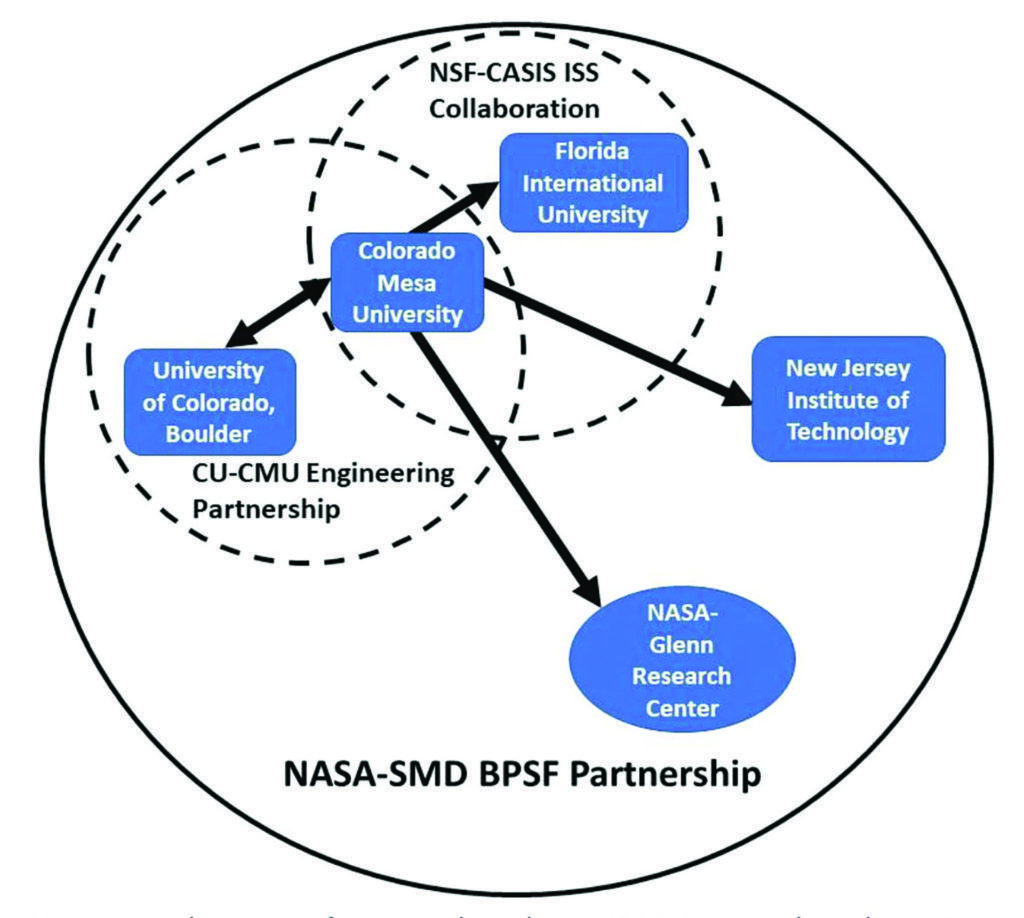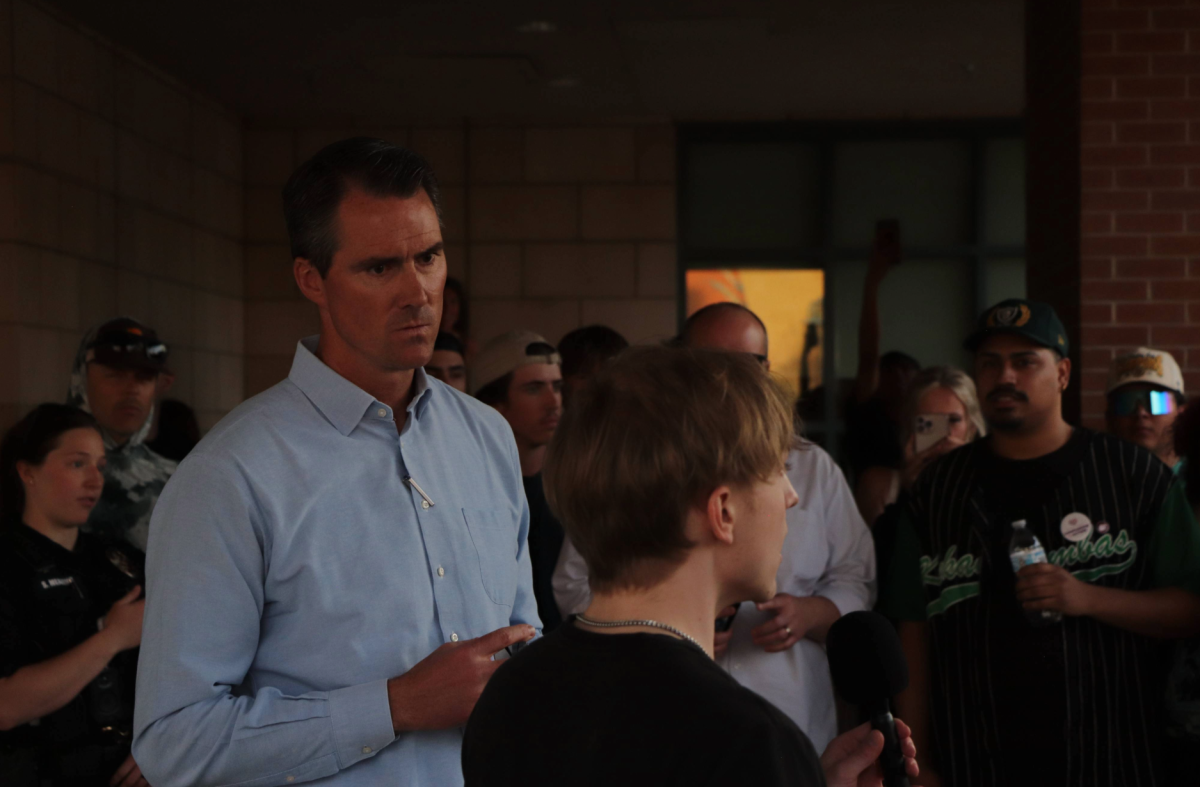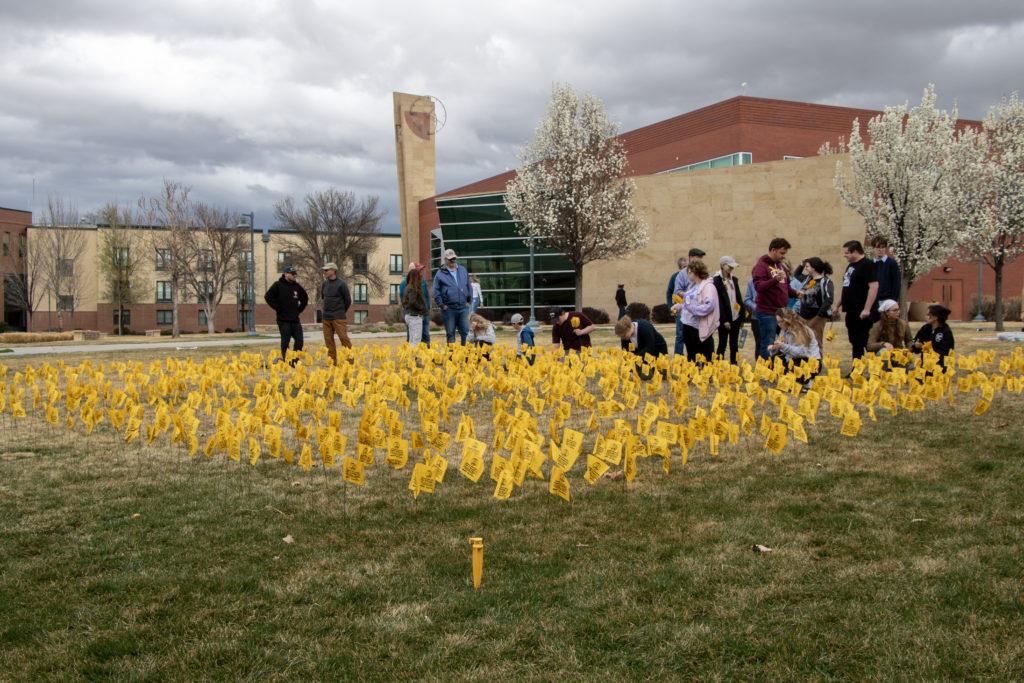The state of Colorado raised its minimum wage on Jan. 1 of this year, from $12.56 to $13.65, which has caused confusion about quite a few important aspects of living in Grand Junction and on Colorado Mesa University’s (CMU) campus. Most notably, there have been some struggles within departments on CMU’s campus that employ student workers.
There are two routes that student employees on campus can take to receive their pay. Student employees can apply for MAVWorks, submit a FAFSA and be paid from a pool of money that consists of federal, state and university funds.
The other route students can take is limited to students working in departments that have a section of their budget set aside for student paychecks. In this case, students are paid through the department’s budget, rather than from any federal or university funds. This pool of money is called Student Assist.
“With what the state imposed, we were unprepared, so we’ve had to cut student hours to make ends meet,” Vice President of Student Services Jody Diers said.
Diers also dove into the complications and consequences that come with paying student employees out of two different and, now very limited, bodies of money.
“If I am [in charge of hiring] the custodians or groundskeepers, I have [only] so much in my student assist pocket, and if I’m almost running out of student assist money, then the only people I can hire are my MAVworks people,” Diers said.” So then, I have to specifically look for people who qualify for MAVworks to be hired.”
Given this, hours had to be cut for student assist employees across almost all departments from 20 hours per week to 17 hours per week.
This solution of cutting hours across departments is being applied universally, however, departments on-campus are in different situations as far as what they require in their budget, how many student employees they have and the services they offer.
“I oversee a bunch of departments, so if I know the rec center is going low, if I had to, and I haven’t had to, I could move some money around to help them,” Diers said. “They are all watching it, so they could say, ‘Do we really need three people at the desk at these times?’ So they are cutting back on certain hours.”
After CMU’s lack of preparation for the increase in minimum wage this year, CMU is planning ahead for future years as the state will make its way to a $15 minimum wage by 2025.















